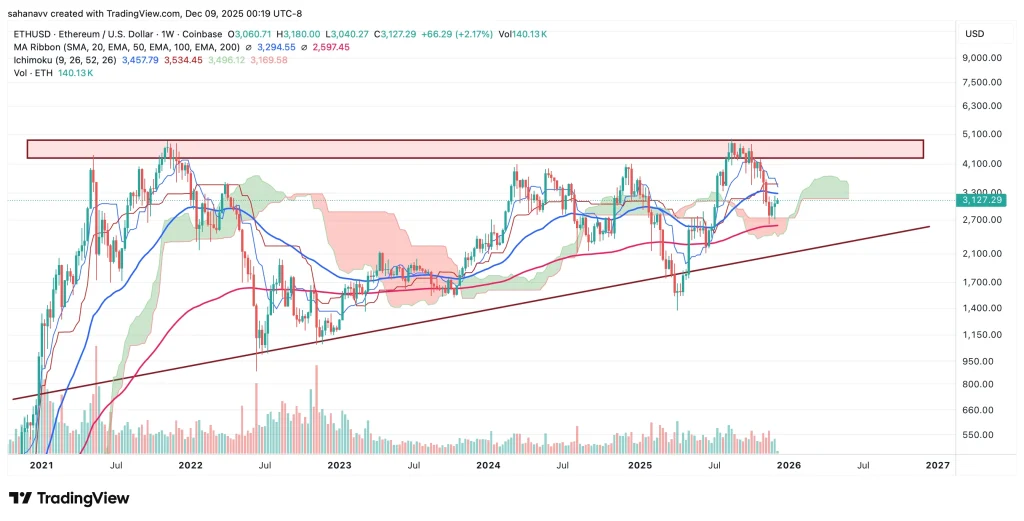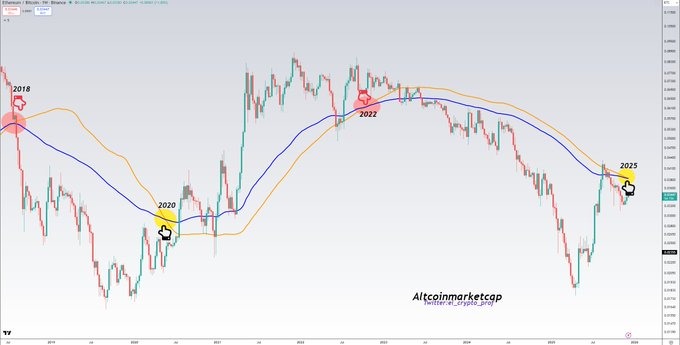Monero Stability Questioned as Chain Suffers 18 Block Reorg
The Chain reorg has renewed concerns over the network’s resilience, particularly as rival project Qubic now controls the largest share of Monero’s hashrate.
Monero, the leading privacy-focused cryptocurrency, is once again under pressure after suffering its largest chain reorganization to date.
On September 14, network monitors reported an 18-block reorganization that effectively erased 118 transactions. Independent analyst Xenu described the event as the largest reorg in Monero’s history, amplifying concerns about the network’s resilience.
Monero’s Record Reorg Shifts Focus to Qubic’s Influence
A blockchain reorganization occurs when miners disagree on which version of the ledger represents the valid chain.
This can happen when blocks are produced almost simultaneously or when software glitches disrupt validation. It can also occur if attackers push the network into competing forks.
When this happens, the consensus rules select the longest valid chain, which discards shorter forks and erases their transactions—leaving users with invalidated transfers.
In Monero’s case, miners were forced to choose between competing forks before aligning on a dominant chain. The fallout invalidated transactions that had already appeared confirmed, reviving long-standing concerns about Monero’s vulnerability to majority hash power concentration.
⚠️The attack against Monero is back. Hours ago XMR experienced a 18 block reorgIf you accept XMR make sure to wait for more than the usual 10 confs
— OrangeFren.com (@OrangeFren) September 14, 2025
This development quickly shifted attention to Qubic, a rival blockchain project with a controversial presence in Monero’s mining landscape.
Earlier this year, critics accused the network of attempting a 51% attack on the larger privacy-focused blockchain. Mining Pool Stats data shows Qubic currently accounts for 2.11 GH/s of Monero’s 6.00 GH/s network hashrate, making it the single largest participant.
Qubic founder Sergey Ivancheglo added fuel to speculation with a cryptic post on X, claiming Monero “will stay because Qubic wanted it to stay.”
Analysts interpreted the remark as signaling that the network disruption aimed to demonstrate power rather than to secure financial gain.
However, Xenu, citing Monero developer Sech1, pointed to a 43% orphan rate in recent blocks, noting that Qubic loses mining rewards through inefficient strategies such as selfish mining.
“The last couple of weeks have shown a waning interest around this attack, but invalidated transactions will jolt the community again. DNS check pointing, a centralized fix which checkpoints blocks, is being tested vigorously,” he added.
Still, Yu Xiang, co-founder of blockchain security firm SlowMist, warned that Monero risks living under “a Sword of Damocles.” According to him, the ongoing ability to reorganize the chain—even without a direct double-spend—will steadily erode investor confidence.
Disclaimer: The content of this article solely reflects the author's opinion and does not represent the platform in any capacity. This article is not intended to serve as a reference for making investment decisions.
You may also like
Ethereum Price Gears Up for a Breakout—Can ETH Outperform BTC Into the Year-End?

No, BlackRock Didn’t File a Staked Aster ETF – CZ Calls Out the Hoax
Is Altcoin Season Starting? Analyst Says ETH/BTC Chart Mirrors 2017 Bull Run

Nasdaq-listed company NCT announces strategic acquisition of Starks Network (zCloak), entering the on-chain digital asset infrastructure sector
Intercont (Cayman) Limited has announced the strategic acquisition of Singapore-based Web3 innovator Starks Network Ltd, further strengthening its position in the on-chain digital asset infrastructure sector.

